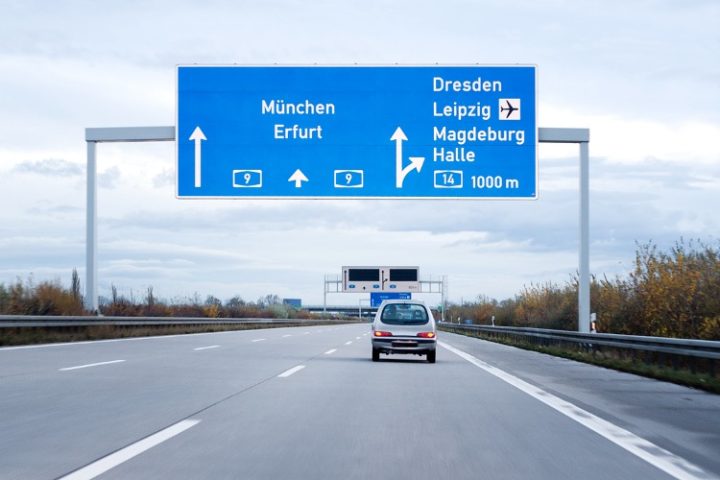
If you still have any doubt that climate zealots wish to take away the planet’s freedom, consider a recent proposal by German Minister for Transport Volker Wissing. In a letter lamenting that Germany’s fractious coalition government has still not agreed upon changes to the nation’s Climate Protection Act, Wissing threatened to ban weekend driving in the country.
The government is struggling to hammer out an agreement on draconian emissions goals as different industries make cases for why they should be exempted. As transport minister, Wissing is responsible for emissions cuts in the transportation sector, and he floated the weekend driving ban in an effort to put a fire under wavering politicians.
“The fact that the amendment is still not in force leads to considerable legal and factual uncertainties,” Wissing wrote in a letter to parliamentary leaders. “This serves neither the climate nor the reputation of the federal government.”
“Comprehensive and indefinite driving bans on Saturdays and Sundays” are being considered, Wissing told the leaders.
Those bans could be announced if a new amendment to the Climate Protection Act is not agreed to by July 15, as Wissing warns he will need to submit an “immediate action program that ensures compliance with the annual emission levels of the transport sector.” In Wissing’s mind, at least, such “immediate action” could include a weekend driving ban.
Under the terms of Germany’s Climate Protection Act, industry will need to cut 22 million metric tonnes of carbon emissions per year. To Wissing, “such large quantities can only be saved ad hoc by not using cars and trucks.”
“A corresponding reduction in traffic performance would only be possible through restrictive measures that are difficult to communicate to the population, such as nationwide and indefinite driving bans on Saturdays and Sundays,” Wissing threatened.
While a spokesman for the transportation ministry pointed out, “It is a minister’s responsibility to point out the dangers,” politicians blasted Wissing for stoking fears of government-enforced driving bans.
“It is not responsible for a minister to stir up unfounded fears,” said Green Party leader Katharina Droege.
“Scaremongering through absurd proposals does not help climate protection in the transport sector at all, on the contrary,” said Social Democrat leader Detlef Mueller.
Some believe that Wissing is attempting to distract from his failures on emissions by floating the most extreme measure possible.
“Wissing has wasted two years blocking every climate protection measure in road traffic — now he is coming up with horror scenarios so that he won’t have to do anything in the future either,” said Clara Thompson of Greenpeace.
Among other suggested measures to lower emissions is the imposition of a speed limit on Germany’s Autobahn. Climate crusaders claim that a speed limit of 120 kph (75 mph) would drop emissions significantly. But Germans have thus far been loathe to set speed limits on the iconic highway.
“People don’t want that,” Wissing himself has said. “There are so many figures floating around. The important thing is that only measures that are accepted can be successful.”
One wonders how German drivers would handle not being able to drive at all on Saturdays and Sundays if they’re so concerned about a 120 kph speed limit on the Autobahn.
Even the idea of banning car travel on weekends gives a useful glimpse into the mind of climate activists. Their first inclination is always toward control and restriction — freedom is never a concern. And instead of restricting the government’s ability to travel, they go after the public.




